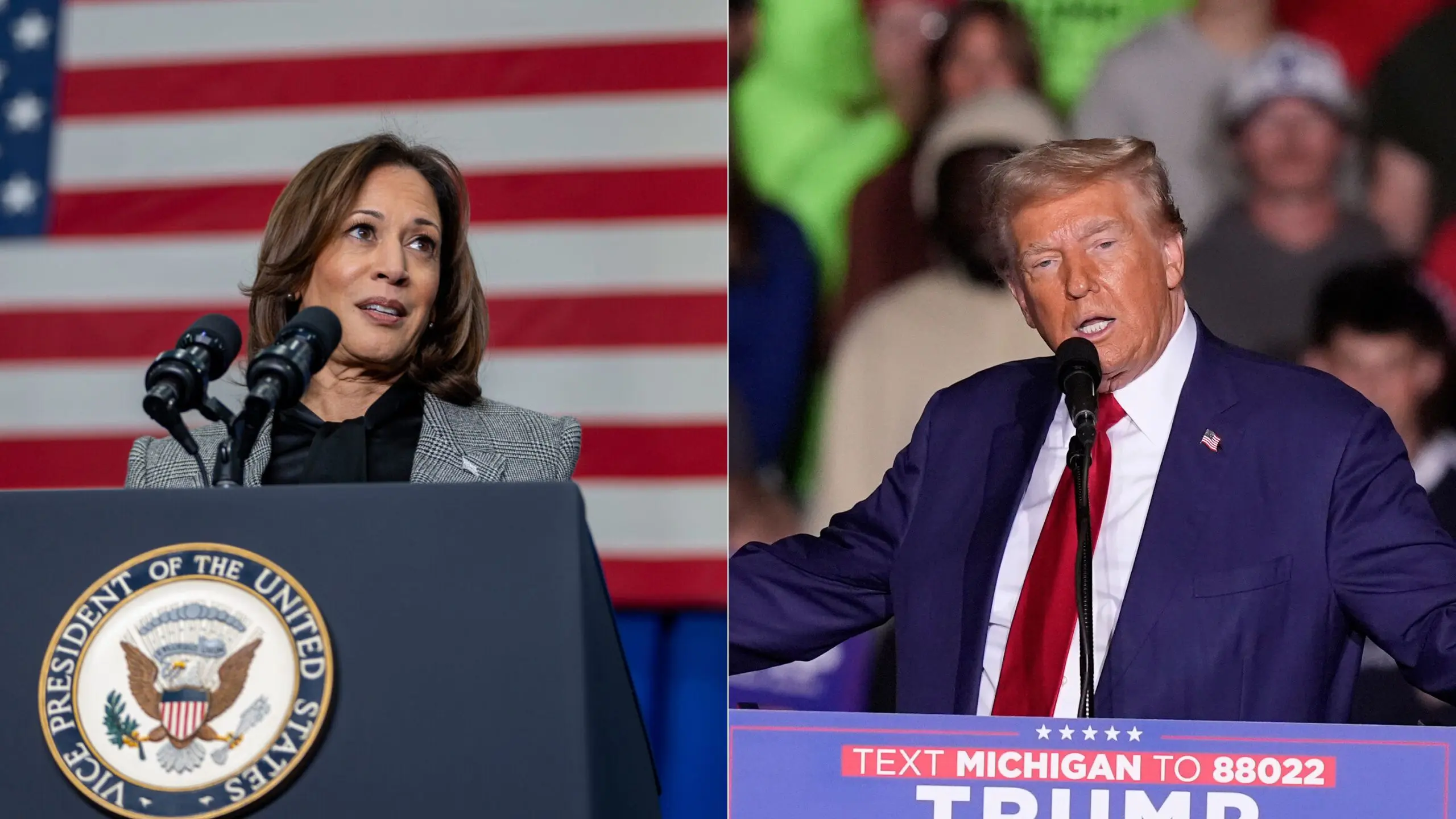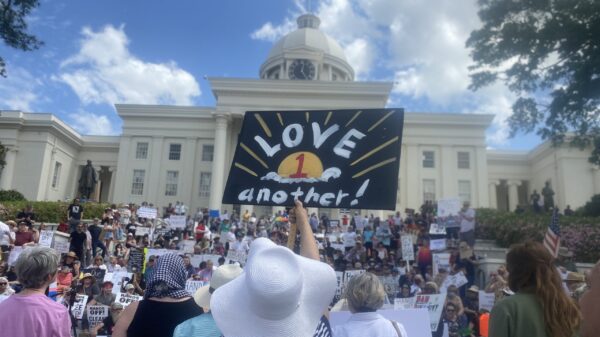|
Getting your Trinity Audio player ready...
|
One of the true measures of American leadership over the past two and a half centuries has been the ability to connect with citizens in their most vulnerable moments. Few things reveal the character of a leader quite like their response to disaster. In the wake of a crisis, Americans don’t just need a plan; they need empathy. They need someone to remind them that they aren’t forgotten.
We’ve seen this time and time again, from President Franklin D. Roosevelt’s fireside chats during the Great Depression to President George W. Bush standing atop the rubble of 9/11, bullhorn in hand. But perhaps no moment in modern history captured this better than January 28, 1986, when the Space Shuttle Challenger exploded, killing all seven crew members. In the aftermath, President Ronald Reagan gave a speech that offered not just comfort but a unifying sense of shared grief.
In that moment, Reagan became the nation’s comforter-in-chief.
Fast forward to the present. This week, as the devastation of Hurricane Helene left communities in shambles, the two leading candidates for the presidency — former President Donald Trump and Vice President Kamala Harris — offered a glimpse of their leadership in starkly contrasting ways.
This is a tale of two candidates.
Harris arrived in Augusta, where the hurricane had leveled neighborhoods and shattered lives. She met with families who had lost everything, listened to business owners worried about rebuilding, and distributed food at a relief center. Her remarks weren’t grandstanding; in fact, she didn’t mention Trump at all. Instead, her message was simple: the federal government is here for you
“We are here for the long haul,” Harris reassured those gathered in an Augusta neighborhood ravaged by the storm.
“There’s a lot of work that’s going to need to happen over the coming days, weeks, and months, and the coordination that we have dedicated ourselves to will be long-lasting to get families, to get residents, to get neighborhoods back up and running.”
It was leadership grounded in compassion, backed by action. While Harris quietly coordinated with local officials, ensuring that relief efforts were supported and organized, her campaign directed supporters to contribute to disaster relief funds.
Trump, on the other hand, took a different route. Standing before a crowd in Valdosta, Georgia, he veered off-script, as he is known to do. Rather than focusing on the devastation and the people who desperately needed support, he turned his attention to Harris, criticizing her for attending fundraisers while communities were recovering. And in typical Trump fashion, he didn’t stop there — he resorted to insults, calling her running mate, Minnesota Governor Tim Walz, “Tampon Tim.”
You might expect more from a former president, but this has been Trump’s modus operandi since day one: weaponizing tragedy for political gain. But many of Trump’s supporters see his attacks not as a deficit but as an asset. In a post on his social media site, Truth Social, he falsely claimed that the Biden administration and North Carolina Democratic Gov. Roy Cooper were “going out of their way not to help people in Republican areas.” This, despite Georgia’s Republican Governor Brian Kemp — yes, a Republican — publicly thanking the administration for its rapid and thorough response to the disaster.
Trump’s response is nothing new. During his presidency, he often used national crises as opportunities to lob insults, spread misinformation, and stoke division. It’s the same show, just a different stage.
Harris, meanwhile, canceled informal campaign events to return to Washington for a briefing at FEMA’s headquarters. She didn’t seek to make headlines; she sought to make a difference.
The storm offered both candidates a chance to demonstrate their leadership. Harris chose compassion, long-term commitment, and hands-on involvement. Trump, unsurprisingly, chose divisiveness, false claims, and insults.
What would Ronald Reagan think? The answer may not be that hard to guess.





















































